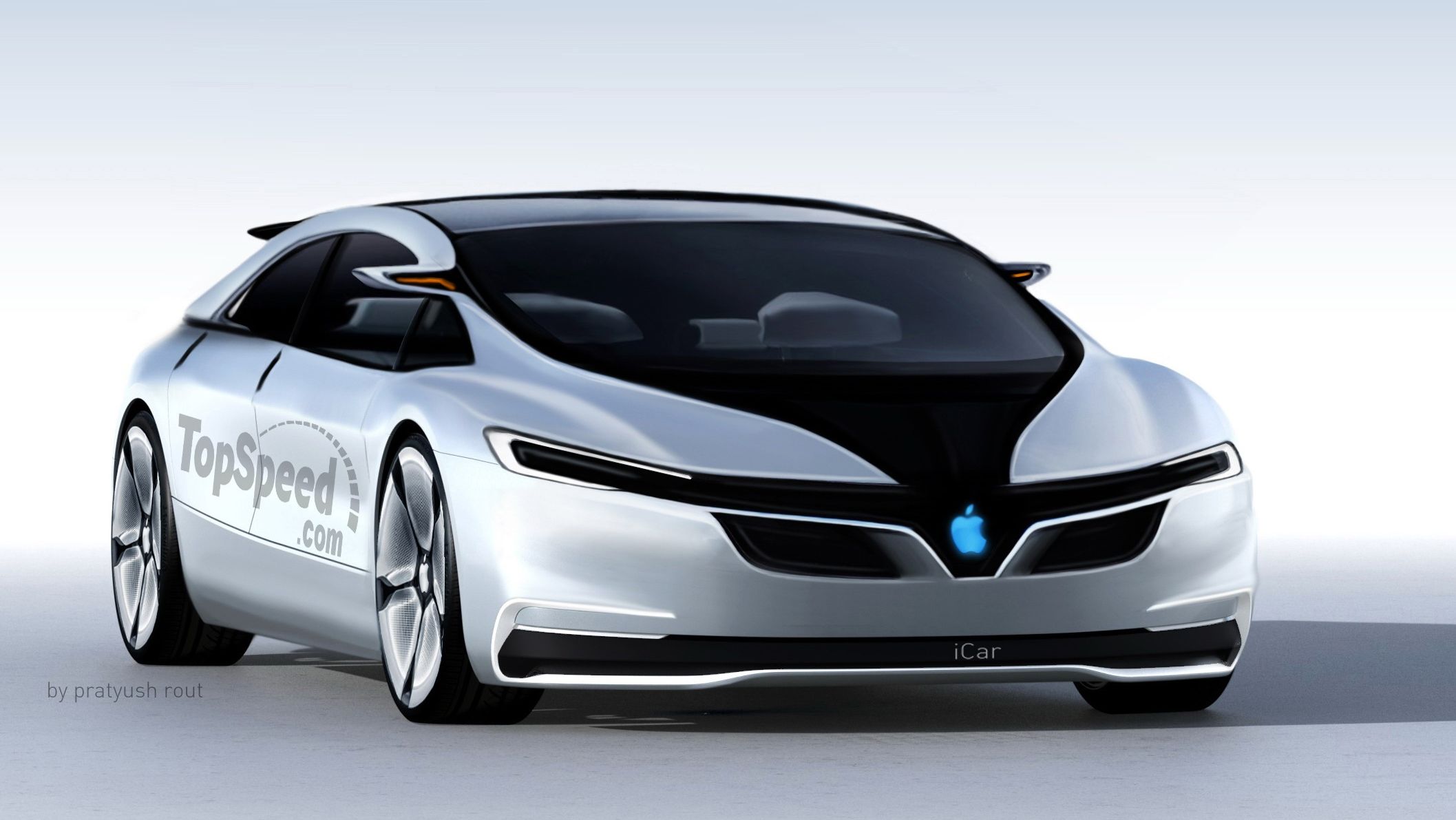Previous reports of Apple washing its hands clean of autonomous driving technology may have been unfounded. The California-based tech giant made that emphatically clear in a five-page letter to the National Highway Traffic Safety Administration where it confirmed what has become an open secret to a lot of people within the auto industry. It’s working on being a significant part towards the development and adoption of autonomous driving technology.
Without diving into the specifics of what exactly it’s doing, Apple nevertheless made it clear that it is “investing heavily in the study of machine learning and automation” and that it’s looking forward to what this study evolves to, particularly with regards to the “potential of automated systems in many areas, including transportation.”
The letter, signed by Apple’s director of product integrity, Steve Kenner, answers a lot of questions pertaining to the company’s involvement in autonomous driving technology. It’s been reported numerous times that the company was looking into possible entrance points into the industry, even creating a project – codenamed Project Titan – to specifically work on the enterprise.
Much has been made about the company’s interest in autonomous driving technology. Recent headlines, including a partnership with Magna International to help develop the Apple Car, all pointed to significant levels of activity within the company that were geared towards advancing its goals. But the tables were turned in October 2016 when a Bloomberg report indicated that development was not advancing to the pace Apple’s big wigs intended it to and that those still involved in the project have until the end of 2017 to prove its feasibility, or risk having the project scrapped altogether.
To be fair, Apple’s letter to the NHTSA made no mention of this timetable as the company opted to instead point out its position on a wide range of topics related to the segment, most specifically the NHTSA’s “Federal Automated Vehicles Policy,” a rough guideline that the agency describes as a “starting point that provides initial guidance.”
The policy itself is not ironclad, as the NHTSA intends to have it viewed for public consumption with the intention of fostering discussions and suggestions on how to best shape the policy when the time comes that it becomes binding.
The Apple letter pretty much dives into the company’s own suggestions for the NHTSA’s policy. In doing so though, it finally let the cat out of the bag. It may – or may not – be developing an autonomous car of its own, but it’s definitely fully invested in being a part of the autonomous driving tech industry moving forward.
Continue after the jump to read the full story.
Apple had lots to say
Even with the letter posted to the NHTSA, Apple was able to word the whole thing carefully that it didn’t reveal too much of its own plans surrounding autonomous driving technology.
The tech giant did raise a few points that touches on a few points about the government agency’s “Federal Automated Vehicles Policy.”
Of significant urgency to Apple is to create an ecosystem within the industry to share data with each other. According to the company, this would allow all companies to “build a more comprehensive dataset than any one company could create alone.” The proposal is sound and has merits on some levels, but it’s also going to be very difficult to implement given how competitive the auto industry is. Talk of “data sharing,” as Apple puts it, is only going to make sense if everyone agrees to it. And given the company’s own reputation for being secretive with its own technologies, I don’t know if other automakers, or the NHTSA for that matter, will take this call seriously.
It’s important to give credit where it’s due, especially with Apple’s call to the NHTSA to amend and clarify its position when it comes to making “exemptions for testing internal development vehicles on public roads.” Apple’s concern is that traditional and/or established automakers have already been granted exemptions from the Federal Motor Vehicle Safety Standards (FMVSS) for public road testing. These exemptions don’t include new “entrants” like Apple.
It’s only fair for companies like Apple, Google, all other tech companies looking to gain entry into the autonomous driving market to receive similar exemptions for the research and development they’re doing for their own technological initiatives.
Ultimately, it’s still hard to say what Apple’s end-game is going to be. But rest assured, this letter is as clear a sign as any that the tech giant isn’t about to throw in the white towel yet in its pursuit to develop autonomous driving technology.
2021 Apple iCar
Read our full review on the Apple iCar here.

